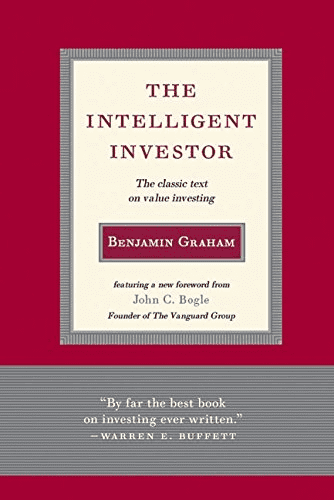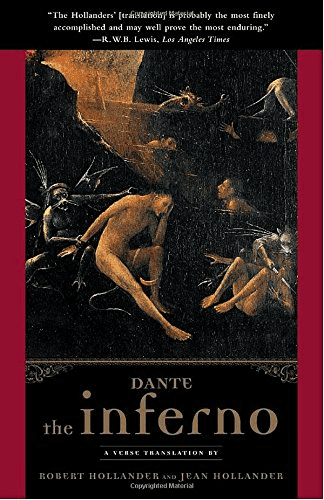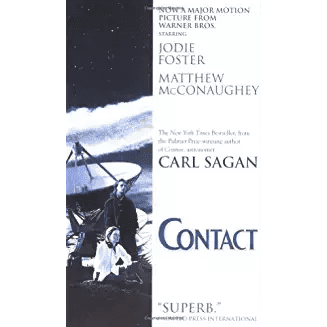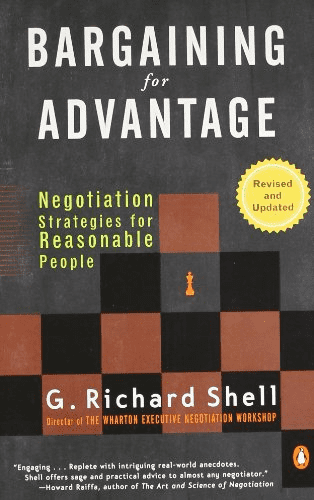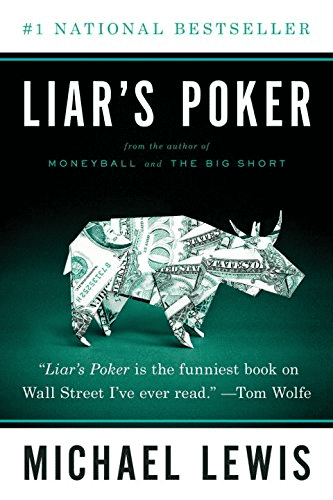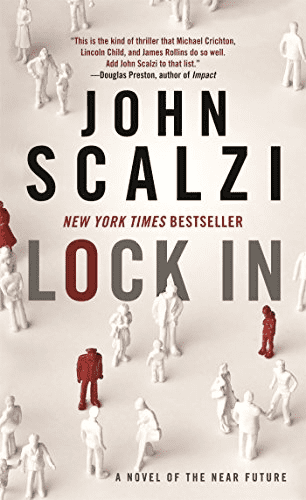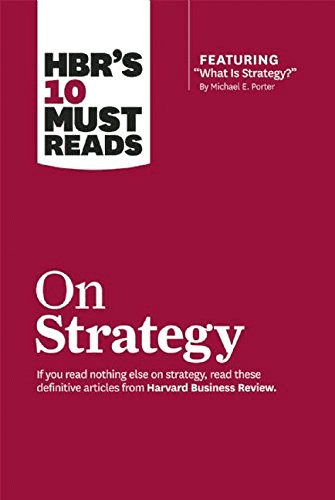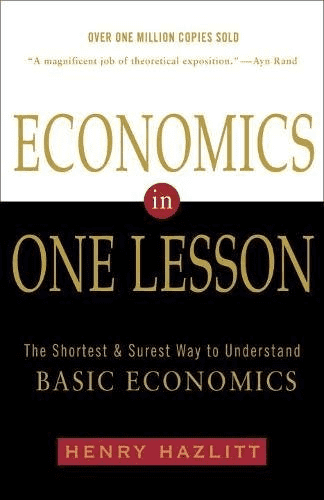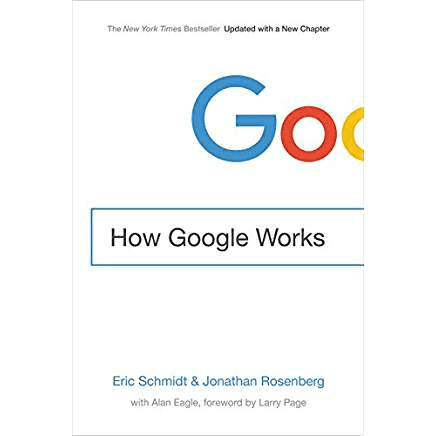Reagan's writings...
My 2017 Reading List
March 08, 2018
As an LCS engineering manager @ Google, reading has become extremely important to me. During my time working on Developer Products at Facebook, I found that those around me read vigorously and encouraged me to do so also. It was only by reading others ideas & thoughts could one gather enough signal to form an opinion. Seeking knowledge became a sport, and in 2017 I sought to challenge myself to that end.
Note: this post contains links to each book I read on Amazon with a referral link
Late in 2016, I challenged myself with reading a book a month during 2017. While this was no aggressive goal, the structure of sticking to a single book each month and pondering about it was new. This was partially inspired by Zuckerberg’s annual challenge in 2015, but it had deeper roots because of my love/hate relationship with reading.
When I was young, I considered reading a very unenjoyable activity. Why would I read a book about a few kids carrying a ring around through treacherous land when I could consume it visually in 9 hours? Add in an amazing film score and you had me hooked as a child.
Fast forward to my twenties and I slowly, but gradually, started to comprehend that modern film could not replace the detail storyline that often unfolds in written form. By late 2016, I was consuming many books but never in a structured approach. I ended up reading (and sometimes abandoning) a handful of books.
For 2017, I committed to thinking deeply about 12 pieces on my backlog (I use Amazon’s Wish List religiously to store my books - also small plug, I use a referral code to that for each book below). Without further context, here is what I read and thought of each item from 2017.
The Intelligent Investor
Benjamin Graham
Two people in finance who I highly respect (Warren Buffet & John Bogle) highly recommend this book. While I think this should be required reading for the “how” to think about investing, but many of the lessons are not directly applicable in 2017. Once I was able to overcome the time differences of this book, it opened up and became a great read. If you ever hear about “Mr. Market” know that the term was either coined by Benjamin Graham, or this book and history has given him credit for it.
Most of the book talks about the differences and need for a defensive investor (stay away from speculation - cryptocurrency, XIV, etc) and an enterprising investor (speculate carefully). For a defensive investor, I found Seth Klarman’s Margin of Safety more applicable. For an enterprising investor, Graham talks about doing so with a similar approach that Buffett has taken seemingly his entire career: find ‘bargain issues’ (essentially, buy low and sell high). Buffett and Munger talk openly about their mistakes in their annual letters, so this method is not foolproof, but this book has a great set of wisdom in this area that has inspired a generation.
Dante’s Inferno (aka: The Inferno)
Robert & Jean Hollander
This book is often called “Dante’s Inferno” or “The Inferno” or “Dante’s Inferno The Divine Comedy”. The -comedy- description perplexed me for a while, until I learned that when this book was written there were only 2 types of stories: tragedies and comedies. I could be over-simplifying this too much, but Dante’s Inferno is not a tragedy, but actually an inspirational piece about the plights one can avoid in life. Each ‘layer’ in Hell is depicted by a new level of torture, based on the level of crimes committed by the people who inhabit that layer.
I really liked this book although I’m not sure I understood half of it. The structure of the multiple layers of Hell was really interesting and drew parallels to so many vices & problems everyone has. As a fan of any religious symbolism (especially that of the HBO series The Leftovers), I found many interesting pieces in this book. However, I was left unfulfilled at the end and wouldn’t recommend it as a must read … just yet.
I may revisit this again in the future - but for now my takeaway: shrug not sure.
Contact
Carl Sagan
Contact was a beautiful story. I could stop my comments there and encourage everyone to read it. The complexity of the characters didn’t sink in to me until halfway through the book, but the slow burn was worth it.
This was a piece containing multiple sub-plots rooted in existentialism, relationships (especially parental), and religion. This was demonstrated through a science fiction plot-line of making contact with a more advanced life form than humans. I really want to see the film based on this book, but as many films do I understand it makes too many concessions in the storyline so I will keep the original storyline at heart and keep my memories for what they are. I would definitely read this story again later in life.
Bargaining for Advantage: Negotiation Strategies for Reasonable People 2nd Edition
G. Richard Shell
Of all the books I read in 2017, I am most critical of this book as the title is misleading. Most books on negotaition or “bargaining” (clever synonym used by this author) are rehashes of the same general concepts: Understand what you want, understand what the other side wants, find what your edge is, reach a compromise (agreement). The more resources I consume in this area lead me to believe there are never any true one-sided “wins”. Yet, in popular culture most people think of negotiation and bargaining as those who share publicly:
- boasting about openly taking advantage of another human and screwing him/her over, or (and most likely)
- didn’t fully understand the other side of the deal
The more I learn about this subject, the more skeptical of anyone who I hear boasting about “being a true negotiator”. I’ve found that there is no shrewd negotiation where someone truly walks away with a steal of a deal. And in rare cases that there are, it is because that person took advantage of another person, or more likely, the person who claims “triumph” at a negotiation table didn’t fully understand the bargaining position of the other side.
I’ve worked at some of the most sophisticated institutions (Facebook, Harvard, Google), and some of the most underdeveloped (not going to share names), and everyone I’ve ever met has a baseline level of intelligence that would prevent them from entering a completely 1-sided deal aimed against them. My experience tells me that rarely do people ever have a ridiculous edge of another person at a bargaining table. Everyone agrees to something because he/she is getting something out of an exchange. What I appreciate about this book and am beginning to understand as a person is the people that tout blow-out wins in negotiation don’t fully understand the other side they’re negotiating with to realize it would do a deal to benefit from it too.
After reading this book, I wonder now if people who boast about negotiation “wins” (not skills), I am more skeptical of their actual skillset.
Liars Poker
Michael Lewis
I really enjoy reading anything Michael Lewis writes. Here’s a guy who worked on Wall St back in the 80s, did some interesting things, then decided to start writing about his experiences. What I found most interesting about this book was how well he captured the shenanigans of his colleagues. From learning about the game of Liar’s Poker (which I suggest playing at parties btw - it’s fun), to understanding the interesting human nature of bonds salesmen (and women!) in that time period.
What was most surprising was at the end of this book I read how it was written in the 80s, shortly after he left the firm. The material has aged extremely well for 2017 and the success of this book may have been a spark for employment contracts that ask people not to write about the companies they work for unless given explicit approval.
Lock In
John Scalzi
I couldn’t put this book down. Most of my memories reading this book was in the winter morning outside a small French bakery in San Francisco with great coffee and a great chocolate croissant. I will not say this is the greatest book I have ever read, but the storyline was incredibly engaging and an quick read. I recommend this for anyone who’s partially interested in science fiction, if you can suspend your disbelief in a society that supports augmented humans with technology. I would definitely read this book again.
HBR: On Strategy
Harvard Business Review, Michael E. Porter
The topic of “strategy” has always perplexed me - especially when people try to put more weight behind the term & distinguish strategy from tactics. This book is a collection of works from a number of ‘industry thought leaders’ on different areas of corporate strategy. My main takeaway from this book was how communication and repetition is more important than the the most clever strategy. This is important because if your team cannot reiterate what your strategy is then it is useless. The best plans in the world fall flat when the people who are responsible for executing do not understand them. Communication is more important than having the “right” strategy.
Other takeaways (from this book & professional experience):
- Do not develop a strategy without a solid understand fo the space you are operating in (who are the competitors? what are the other products? what are our gaps in the space?)
- When you understand where the market is, and where your product fits, where the opportunity is, and where you want to go - then you are ready to develop a Strategy (capital S)
- Your strategy then is a plan of how you want to leverage your specific strengths (core competencies of your team/product) and what you plan to differentiate yourself from the competition
Lastly, don’t forget to communicate. We’re all humans. We need clear communication & repitition.
Economics in One Lesson
Henry Hazlitt
This was not “one lesson”, but ~20 lessons in a book on economic & tax theory. I read this on a plane to Europe (and back) and enjoyed it thoroughly. At points it took strong, preachy stances on economics in politics, but overall this was a nice light read for understanding modern economics.
How Google Works
Eric Schmidt, Jonathan Rosenberg, and Alan Eagle (my colleague, so proud of this guy!)
Full transparency: any review I give on this book will be heavily biased as I work directly with some of the writers of this book (hi Alan!), and have had lunch with various others mentioned in it.
This book was a great read on how we do things in Silicon Valley (not just Google-specific) - go read it. :) If you want a copy of it email me directly and I’ll send you one (my first name dot last name at gmail).
As I reflect back on my readings this year, the most common themes surround interacting with people and their motivations. As I’ve worked with some of the most accomplished and interesting folks recently - I realize they’re not superhuman. They’re just regular people (maybe with incredible talents and drive), but still everyone has their own shortcomings & flaws. This has been a humbling year & my readings have reflected the human elements. I will approach with a better appreciation of my own family, friends, colleagues, and strangers who may become friends.
I plan to dive deep into East of Eden and learning all one can know about adtech recently, and aspire to write more about that as I have time.
Written by Reagan Williams who lives and works in San Francisco at Google. You should follow him on Twitter
